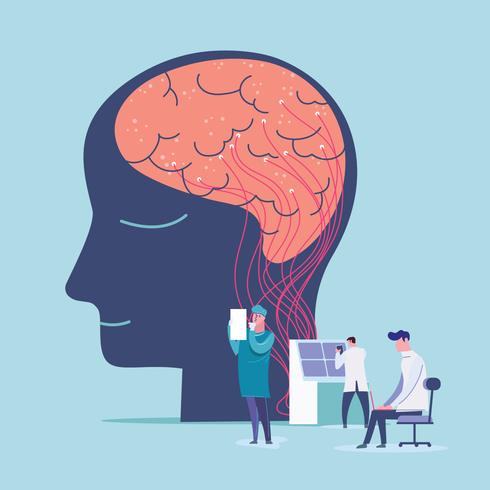Mental health is a vital part of our overall health, influencing how we think, feel, and act daily. It also impacts how we handle stress, relate to others, and make choices. Yet, despite its importance, mental health is often misunderstood or overlooked. This article aims to clarify key concepts, highlight common mental health challenges, and provide practical tips to improve your well-being.
What Is Mental Health?
Mental health refers to our emotional, psychological, and social well-being. It affects every aspect of life, from how we cope with stress to how we relate with family, friends, and coworkers. Good mental health means being able to manage life’s challenges, maintain fulfilling relationships, and enjoy life.
Common Mental Health Challenges
Many people face mental health issues at some point in their lives. Recognizing these challenges helps reduce stigma and encourages seeking support.
1. Stress and Anxiety
Stress is a natural response to pressure, but chronic stress can lead to anxiety disorders, causing persistent worry, restlessness, and physical symptoms like a racing heart.
2. Depression
Depression is more than feeling sad; it’s a persistent low mood, loss of interest, fatigue, and difficulty functioning daily.
3. Mood Disorders
Conditions like bipolar disorder cause extreme mood swings, affecting energy, behavior, and thinking.
4. Substance Use Disorders
Addiction to alcohol, drugs, or other substances can severely impact mental and physical health.
5. Trauma-Related Disorders
Events like abuse, accidents, or loss can trigger PTSD and other trauma-related conditions.
Why Is Mental Health Important?
- Physical Health: Poor mental health is linked to chronic diseases such as heart disease and diabetes.
- Relationships: Mental wellness supports healthy communication and emotional connections.
- Work and Productivity: Good mental health improves focus, decision-making, and productivity.
- Quality of Life: It enhances resilience and ability to enjoy life.
Ways to Improve Mental Well-being
Improving mental health is possible through daily habits and professional support.
1. Practice Self-Care
Prioritize sleep, nutrition, and regular physical activity. These basics boost mood and energy.
2. Build Strong Connections
Maintain supportive relationships with family, friends, or community groups to reduce feelings of loneliness.
3. Manage Stress
Use techniques like mindfulness, meditation, deep breathing, or yoga to stay calm and centered.
4. Set Realistic Goals
Break tasks into manageable steps to avoid overwhelm and celebrate progress.
5. Seek Professional Help
Therapists, counselors, and doctors can provide therapy, medication, and guidance when needed.
6. Limit Substance Use
Avoid excessive alcohol or drug use, which can worsen mental health.
When to Seek Help
If you or someone you know experiences prolonged feelings of sadness, anxiety, irritability, or changes in behavior that interfere with daily life, it’s important to reach out to a mental health professional. Early intervention can prevent problems from worsening.
Conclusion
Understanding mental health is essential for leading a balanced and fulfilling life. By recognizing common challenges and adopting practical strategies, everyone can enhance their emotional well-being. Remember, seeking help is a sign of strength, and mental health is a journey worth prioritizing.

